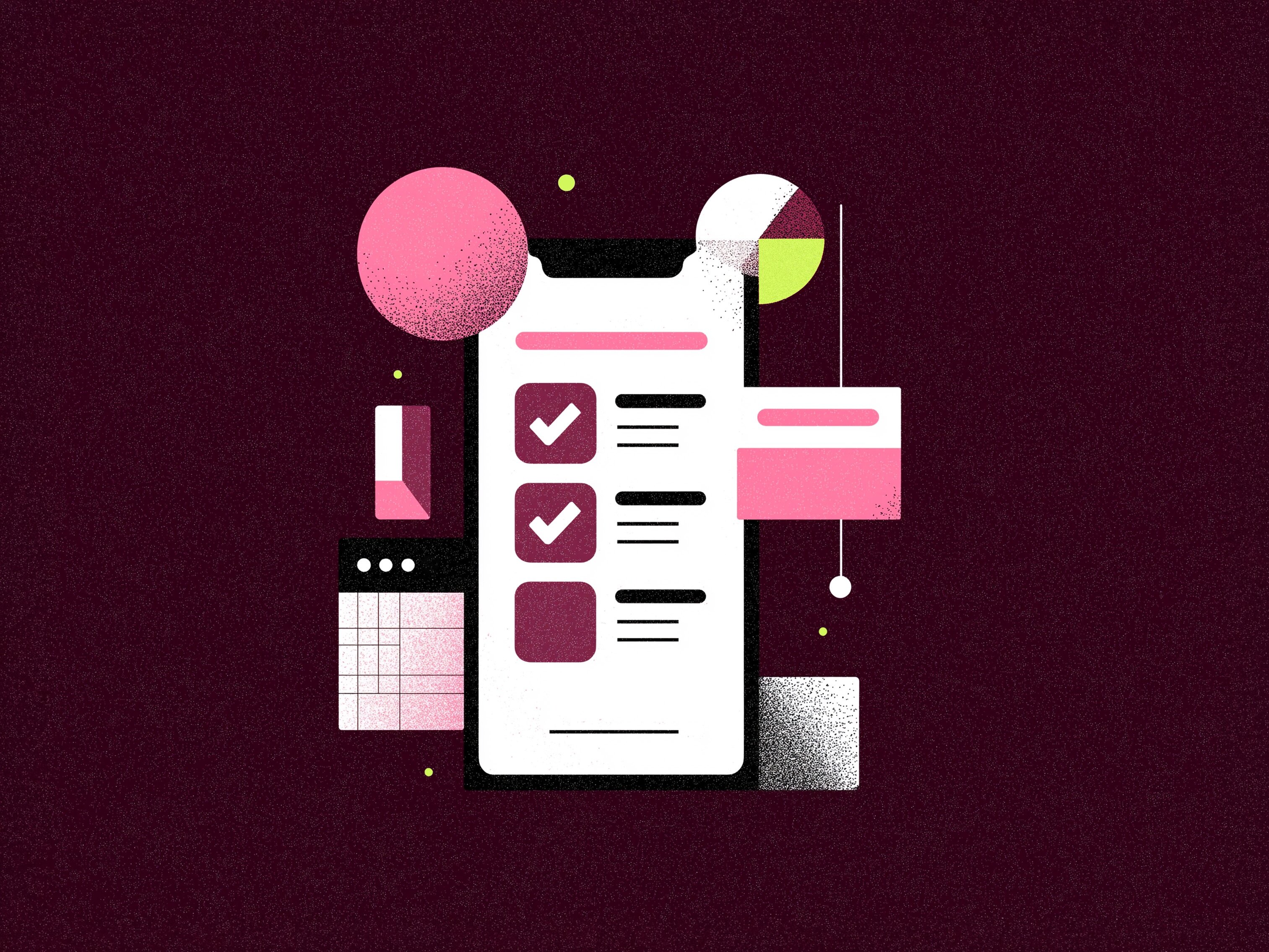The COVID-19 pandemic has caused widespread uncertainty. Many small businesses are struggling to avoid bankruptcy, while larger businesses are anxiously trying to trace the outlines of the post-coronavirus economy. As a self-employed professional, you’re likely going to be dealing with non-paying clients. How do you approach this situation? You have bills to pay, too. It’s not fair for the client to simply not pay for your work because times are tough. Here are some lawyer-backed tips to help you navigate this common problem:
Step 1: Figure out what’s happening inside the client's business.
Try to figure out why your client isn’t paying you. Is it because the payment process has been disrupted, or is it a deeper problem with the company’s revenue?Many companies are dropping the ball on simple things like paying vendors, simply because they’re putting out COVID-19 related fires or doing irregular projects like applying for emergency government benefits. If this is the case, persistence is the best medicine.The squeakiest wheel gets the oil: polite-yet-firm reminders will keep you top of mind. Get on the phone and point out that you rely on this income.
Step 2: Make the best of a bad situation.
During the pandemic, some industries have to weather logistical disruptions, while others are facing an absolute catastrophe. If your client is in the travel, food services, or entertainment industry, for example, they may be making some very tough choices. Under these circumstances, you’ve got tough choices of your own. Consider the following options:
- Let the client know that you’re open to setting new terms.
If you think there’s no way the client’s going to pay you, you might as well be kind about it. After all, if their business survives this crisis, they may end up seeing you in a more positive light. Be a partner through good times and bad, rather than just another replaceable vendor. Send an email to clients to let them know that they can have additional time to pay the invoice if they need it. You can start by expressing sympathy and solidarity, and let the client know that if they are experiencing cash flow issues, they should just let you know and you can give them a break.
- Use this as an opportunity to stay updated on your client’s situation and build your relationship.
By telling your client you’ll work with them on any overdue invoices, you’ll give yourself a chance to get a better sense of your prospects of recovery, and you’ll strengthen the personal bond with your client, which may put you ahead of other vendors or creditors in the line of who gets paid when things start to normalize.
- Continue to be clear about payment amounts and deadlines.
If you change the terms of payment for your client, it doesn’t mean you have to give them carte blanche to pay you whenever they feel like it. If you’re extending the due date on your invoices, set a new date. This will avoid you waiving certain legal positions, and it will give you an important check-in date to put on your calendar. Perhaps your client isn’t going to be able to pay your last invoice within 30 days of when you submitted it. In this case, let them know that you will accommodate this by extending the deadline on that particular invoice to 90 days. Do it in writing. This way, everyone is clear on the plan moving forward.
- Talk it through with a lawyer.
Suing a non-paying client is never ideal, but it’s an inevitable reality if you're owed a sizeable sum. If you’ve been organized with your billing practices and you’ve set clear due dates on invoices, you will have a straightforward claim. Even if the company goes bankrupt, you may still be able to recover some of your fees. Or you might cut your losses by selling your claim to a collections agency. It’s worth repeating: You earned that money, and you deserve to get paid. Your client may be dealing with a professional or personal catastrophe of their own, so it’s important to be sensitive to the situation. Just understand that getting your money may take some time.
Stop chasing after late payments. Wingspan's invoicing tool automatically follows up on late invoices, so you can focus on your work. Sign up for a free 30-day trial here.
You Might Also Like:
How to Apply for Government Support Through the SBA's Economic Injury Disaster Loan Program
Wingspan Webinar Recap: Lawyers on How to Make Sure Your Clients Pay Up



.jpg)
